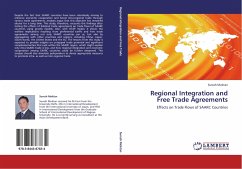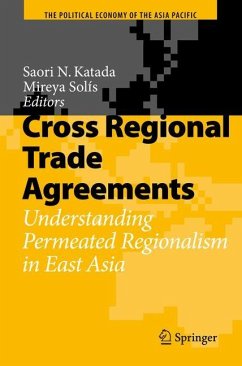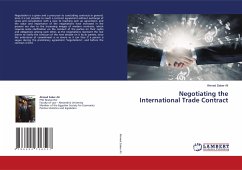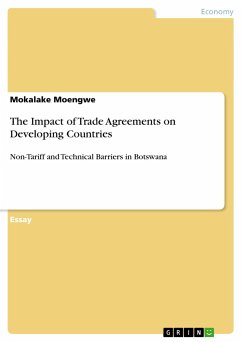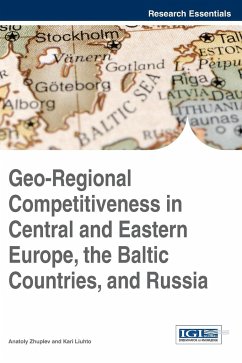
Negotiating regional trade agreements in Central Africa
Volume 1 - Theoretical debates and critical analysis of the evolution of EU-ACP trade relations
Versandkostenfrei!
Versandfertig in 6-10 Tagen
56,99 €
inkl. MwSt.

PAYBACK Punkte
28 °P sammeln!
Regional trade agreements (RTAs) are the products of negotiation processes that often bring together countries at different levels of development. What factors determine and explain the balance of power in these negotiation processes? And how do these determinants play out in the negotiation process? This book analyzes these determinants in the negotiation of the Economic Partnership Agreement (EPA) between the EU and Central Africa. The conceptual framework of this work is based on a set of theories and operational concepts borrowed from several social science disciplines, given the complexit...
Regional trade agreements (RTAs) are the products of negotiation processes that often bring together countries at different levels of development. What factors determine and explain the balance of power in these negotiation processes? And how do these determinants play out in the negotiation process? This book analyzes these determinants in the negotiation of the Economic Partnership Agreement (EPA) between the EU and Central Africa. The conceptual framework of this work is based on a set of theories and operational concepts borrowed from several social science disciplines, given the complexity of the fields covered by the research object. The empirical framework is based on a grid combining systemism and interactionism. The author concludes that power relations in the negotiation of an RTA within an asymmetrical configuration are determined and explained by a set of socio-anthropological, economic, political, geographical and historical factors that can be summarized by five concepts: strength, dependence, coherence, strategy and tactics.




